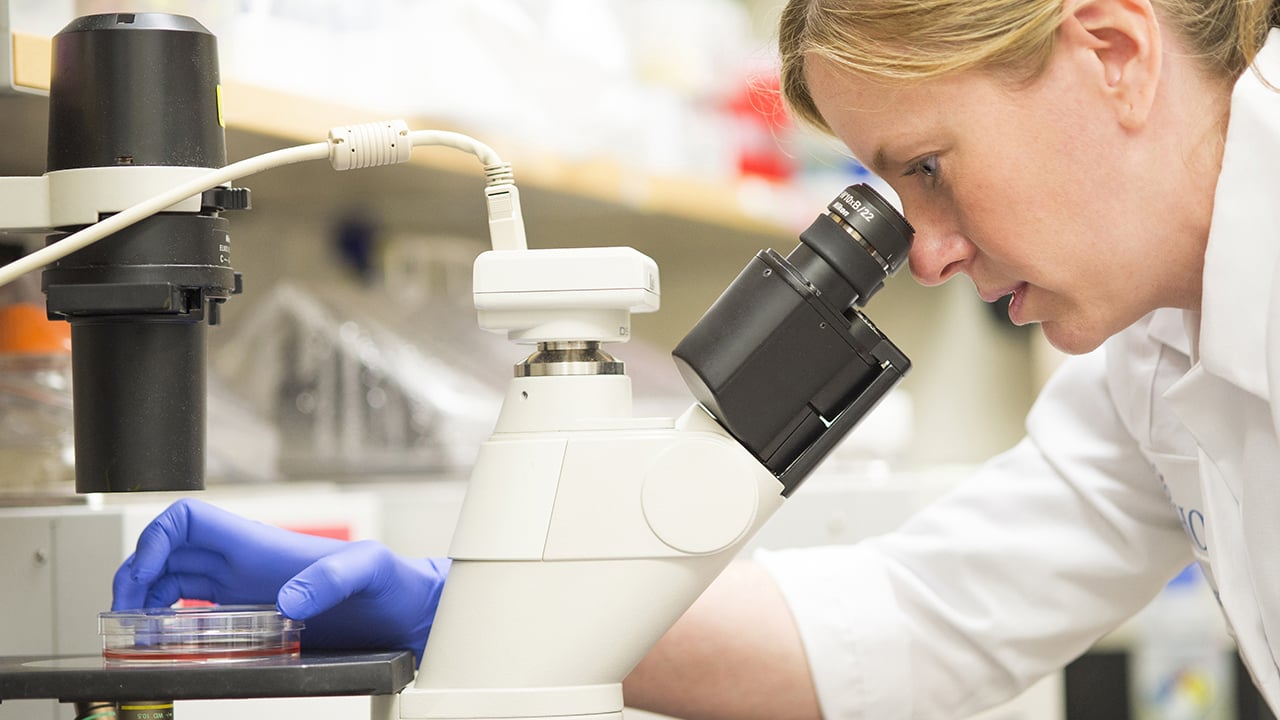- Doctors & Departments
-
Conditions & Advice
- Overview
- Conditions and Symptoms
- Symptom Checker
- Parent Resources
- The Connection Journey
- Calm A Crying Baby
- Sports Articles
- Dosage Tables
- Baby Guide
-
Your Visit
- Overview
- Prepare for Your Visit
- Your Overnight Stay
- Send a Cheer Card
- Family and Patient Resources
- Patient Cost Estimate
- Insurance and Financial Resources
- Online Bill Pay
- Medical Records
- Policies and Procedures
- We Ask Because We Care
Click to find the locations nearest youFind locations by region
See all locations -
Community
- Overview
- Addressing the Youth Mental Health Crisis
- Calendar of Events
- Child Health Advocacy
- Community Health
- Community Partners
- Corporate Relations
- Global Health
- Patient Advocacy
- Patient Stories
- Pediatric Affiliations
- Support Children’s Colorado
- Specialty Outreach Clinics
Your Support Matters
Upcoming Events
Mental Health Town Hall
Tuesday, April 23, 2024Join Children’s Hospital Colorado pediatric experts for a virtual...
-
Research & Innovation
- Overview
- Clinical Trials
- Q: Pediatric Health Advances
- Discoveries and Milestones
- Training and Internships
- Academic Affiliation
- Investigator Resources
- Funding Opportunities
- Center For Innovation
- Support Our Research
- Research Areas

It starts with a Q:
For the latest cutting-edge research, innovative collaborations and remarkable discoveries in child health, read stories from across all our areas of study in Q: Advances and Answers in Pediatric Health.


Tumor Biopsy
We care for patients’ growing muscles, joints and bones through sports medicine, surgery, rehabilitation and research.

A biopsy is a surgery during which a sample of tissue is taken in order to determine the type of tumor your child has.

The tissue sample will then be looked at by your surgeon and a pathologist (a physician who specializes in examining tissue) under a microscope. Sometimes a preliminary diagnosis is available on the day of biopsy; however it may take up to a week to get a final diagnosis. The results of the biopsy let us know how we should best treat your child.
The type of biopsy your surgeon performs is based on what type of tumor we anticipate it to be, what size the tumor is and where the tumor is located. In some cases an excisional biopsy is performed and the tumor may be completely removed.
Learn more about osteosarcoma and Ewing’s sarcoma.
What to Expect for Your Child’s Tumor Biopsy
A biopsy is obtained while a patient is under general anesthesia in the operating room. The procedure lasts one and a half hours. Your child will not be conscious and will not feel any pain during the procedure.
Your child will fall asleep breathing special air through a mask. Once he or she is asleep, the anesthesiologist will insert a small IV tube into your child’s arm to give anesthesia.
Watch the pre-surgery video to find out what to expect on the day of your child's surgery.
Recovery, Side Effects and Going Home
The biopsy incision size varies depending on the type of biopsy performed. Usually, a bandage will be used to cover the incision and this may be removed after a few days, at which point your child may shower.
The risks or side effects involved with a biopsy may include bruising, discomfort, and bleeding after the procedure. When biopsying bony tumors, there is a possibility of fracture since the bone around the biopsy site can weaken as a result of the tumor. There may be additional risks depending on the location of the tumor.
Your surgeon at Children’s Hospital Colorado will discuss the risks with you prior to surgery and answer all of your questions. Your child’s care team will also give you detailed instructions on what to do before your child comes in for a biopsy, as well as what to expect after the procedure is completed.
Learn more about the Orthopedic Tumor Program at Children’s Colorado.



 720-777-0123
720-777-0123



